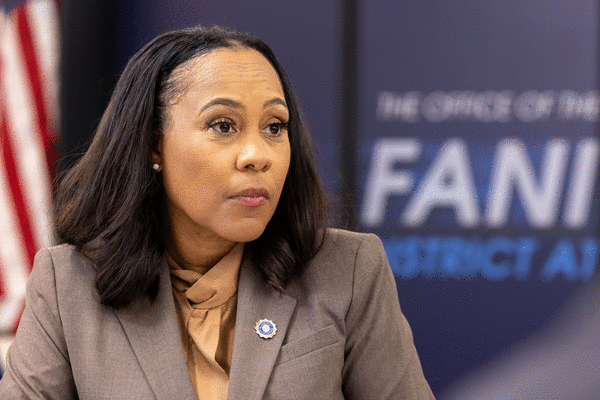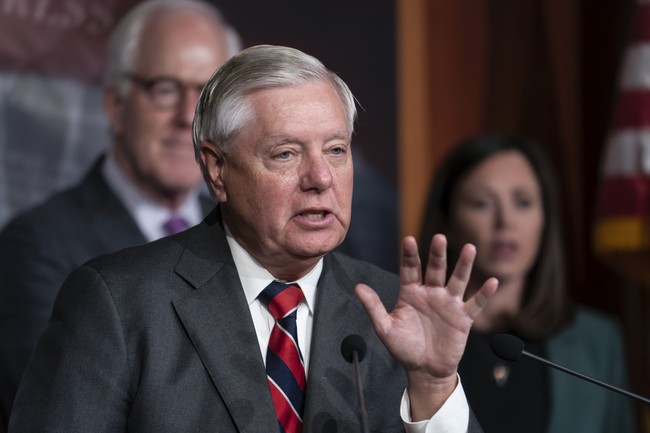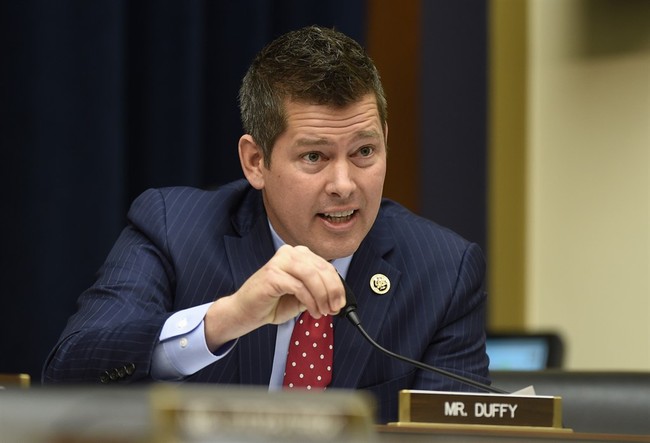Ceasefire Amidst Tension: Lebanon and Israel Talks
Exploring the complexities of ceasefire negotiations between Lebanon, Hezbollah, and Israel, along with international diplomatic efforts to resolve ongoing conflicts.
Published November 19, 2024 - 00:11am

Image recovered from arabnews.com
Iran has expressed its support for Lebanon in its ongoing discussions to establish a ceasefire with Israel, amid a conflict visibly impacting its ally, Hezbollah. The discussions are taking place against a backdrop of severe military exchanges, with Israel recently conducting airstrikes on Hezbollah-controlled regions in southern Beirut. The intensity of these attacks has coincided with renewed diplomatic efforts by the United States toward securing a ceasefire. A draft proposal from the US, revealed through diplomatic channels, reportedly aligns with the United Nations Security Council Resolution 1701, which mandates certain territorial and armament adjustments in Lebanon.
While Iran supports the Lebanese government through the truce process, Israeli demands to safeguard its operations in the event of Hezbollah's agreement violations face opposition from Lebanon. Iran's senior official, Ali Larijani, emphasized the need for a resolution that adheres to Lebanon's stance on the disputes. Larijani himself visited Beirut for discussions with key Lebanese figures, reflecting Iran's heightened involvement and vested interest in a peaceful resolution.
The humanitarian toll of the conflict is daunting, with Israeli airstrikes devastating neighborhoods and creating a massive refugee crisis, forcing over one million Lebanese from their homes. The strategic bombardments have also inflicted significant casualties upon Hezbollah's forces, including the reported killing of its leader, Sayyed Hassan Nasrallah. Despite these losses, Hezbollah continues its operations against Israeli targets, maintaining a persistent threat across the border, which has resulted in the displacement of Israelis too.
Meanwhile, Hezbollah's engagement in the ceasefire dialogue through its political endorsements affirms the gravity of the situation. Lebaneses official sources discuss the possibility of incorporating external monitors, excluding nations like Germany and the UK, and reiterating the US-led framework's conformity with the UN mandates. However, skeptics within the Lebanese political sphere perceive Israeli Prime Minister Netanyahu's stern stance and military pursuits as tactics of leverage before endorsing any substantial ceasefire measures. There is also speculation that these steps might ensure an early diplomatic triumph for US President-elect Donald Trump.
As part of the ceasefire proposal, the redeployment of Lebanese forces to border regions formerly under Israeli military control is outlined. Yet, Israel's hesitation to publicly address the proposal and its concentrated military campaigns against Hezbollah installations reflect the enduring regional volatility. Some passages in the American proposal have sparked dissent in Beirut, particularly concerning interventions perceived to infringe Lebanese sovereignty.
In domestic circles, the Lebanese government is finalizing its response, with attention to both existing military agreements and necessary tactical accommodations. The suggestion to maintain current monitoring by UNIFIL troops echoes throughout diplomatic narratives, drawing strong rebuttal to Israel and the US's suggestions for additional oversight mechanisms. Hezbollah's influential presence towering over Lebanon's political landscape remains intertwined with the group's historical ties with Iran, further complicating the geopolitical context of the peace talks.
As ceasefire negotiations unfold, each junction echoes the necessity for a ceasefire to mitigate humanitarian afflictions and lower the exigencies of military engagement between Hezbollah and Israel. The hope for a stable resolution is palpable, albeit struck with the candid realism of prolonged regional disputes. Lebanon is now poised to communicate its stance and reservations to the United States as persistent diplomatic endeavors continue, hoping to pave the way to a more enduring peace.







